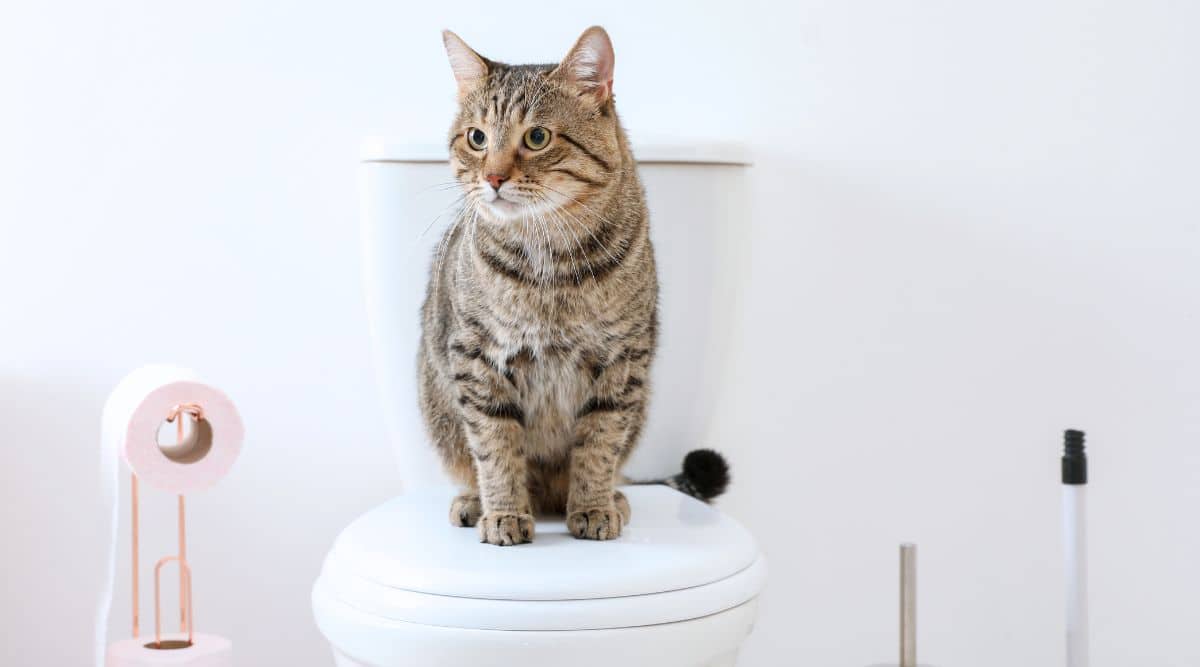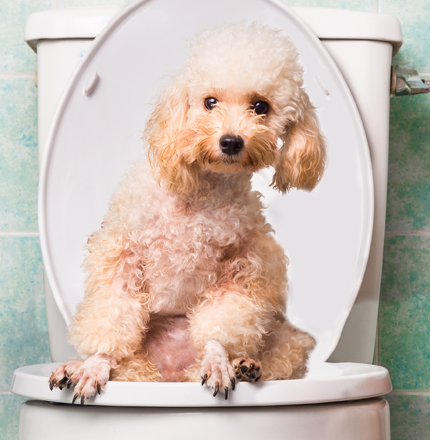Any individual will have their own way of thinking about Should you flush animal waste down the toilet.

When it involves throwing away waste, specifically animal waste, many people often resort to the convenient option of flushing it down the bathroom. Nonetheless, this relatively easy remedy can have significant repercussions for the environment and public health. In this write-up, we'll check out why flushing pet waste down the bathroom is a poor concept and supply different approaches for correct disposal.
Introduction
Correct garbage disposal is critical for keeping ecological sustainability and public health. While it might seem harmless to flush animal waste down the commode, it can lead to numerous issues, both for the setting and human well-being.
Dangers of flushing pet waste
Environmental effect
Flushing pet waste introduces harmful microorganisms and virus into rivers, which can negatively affect aquatic environments. These pathogens can contaminate water resources and harm marine life, interfering with delicate ecological communities.
Public health worries
Animal waste consists of hazardous germs such as E. coli and Salmonella, which can position serious health and wellness threats to human beings. Flushing pet waste down the bathroom can infect water products, leading to the spread of illness and infections.
Alternatives to flushing
As opposed to purging animal waste down the commode, there are several different disposal techniques that are much more environmentally friendly and hygienic.
Composting
Composting animal waste is an environmentally friendly means to deal with it. By composting, raw material is broken down into nutrient-rich dirt, which can be used to feed gardens and plants.
Landfill disposal
Throwing away pet waste in a land fill is another option. While not as eco-friendly as composting, it is a much safer option to flushing, as it protects against the contamination of water sources.
Pet waste disposal systems
There are customized pet dog garbage disposal systems available that safely and hygienically get rid of pet waste. These systems typically utilize enzymes to break down waste and get rid of smells.
Actions to appropriate pet garbage disposal
To ensure proper disposal of pet waste, adhere to these steps:
Scooping and nabbing waste
Frequently scoop and bag pet waste utilizing biodegradable bags. This protects against waste from polluting the atmosphere.
Making use of assigned waste bins
Dispose of bagged animal waste in marked waste containers, such as garden compost bins or land fill containers. Avoid flushing it down the bathroom whatsoever costs.
Cleansing litter boxes and pet dog areas on a regular basis
Regularly clean can and family pet locations to stop the build-up of waste and bacteria. Usage pet-safe cleansing items to maintain health.
Benefits of correct disposal approaches
Adopting correct disposal approaches for pet waste offers several benefits:
Lowered environmental pollution
Proper disposal approaches decrease the threat of environmental pollution, securing waterways and ecosystems from contamination
Reduced danger of water contamination.
By preventing flushing pet waste down the bathroom, the threat of water contamination is significantly decreased, securing public health.
Improved hygiene and health
Correct disposal methods promote better cleanliness and hygiene, producing a much safer setting for both people and animals.
Final thought
To conclude, purging animal waste down the toilet is damaging to the environment and public health. By embracing alternative disposal methods and adhering to proper waste monitoring techniques, we can lessen the negative impact of animal waste and add to a cleaner, healthier world.
What To Do With Dog Poo – The Do's And Don'ts Of Disposing Of Faeces
Dog poo bins
Some councils provide dedicated dog waste bins in popular dog-walking areas that can take dog poo that has been bagged but you can legally dispose of dog waste in any public litter bin, as long as it is securely bagged. This also applies to your wheelie bin at home.
Do not flush
Water companies do not recommend flushing dog faeces down the toilet because certain parasites can survive the water processing treatment and are potentially harmful to humans. You should also never consider flushing dog poo that has been bagged down the toilet as the bags will not break down and instead create severe blockages in the sewage system.
In the woods
The Forestry Commission promotes a ‘stick and flick’ method for dealing with waste in the woods. This means finding a stick and using it to flick any poo from off the path so that it is out of the way of other walkers. You could also bury it as long as it is not in an area where there might be livestock.
Livestock
Parasites found in dog poo can be transmitted to livestock if they inadvertently eat infected faeces that has been left on grazing land. This could result in the death of sheep or abortion in cattle so you should always make sure you pick up your dog’s waste in fields where livestock could be present.

As a keen reader about Why you should never flush dog poop down the toilet, I imagined sharing that portion was beneficial. Are you aware of another person who is interested in the niche? Be sure promote it. Thanks a lot for being here. Kindly pay a visit to our blog back soon.
Call Today
Comments on “Which Flushing Animal Waste Can be Not Advisable”